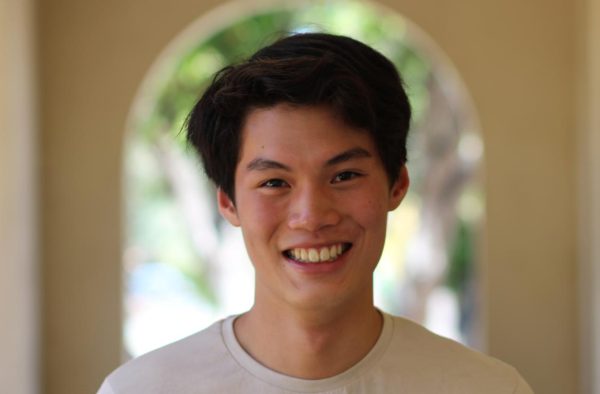On the eve of Palo Alto’s mayoral election, the floor of City Hall opened to allow residents to inform the city council about the candidates for the city’s highest office. Residents apprised candidates on representation, character and past track record — essential areas of focus and qualities for any mayor or vice mayor.
Yet, I felt a lack of diversity in those who spoke out. For our leaders to properly represent us –– 68,572 residents according to the 2020 census –– all perspectives should be spoken for. Yet, from the 23 speakers, only two people were under 20.
Most teenagers think mayoral selections have little consequence in their daily routines. They might even think it isn’t worth speaking in a public forum, which takes time away from their already busy lives. Yet, local policy affects everyone.
For example, newly-selected Mayor Greer Stone has a policy objective for his one-year term to create a mental health task force involving PAUSD students, educators and experts.
Even though Stone ran unopposed for office, Vice Mayor was decided by a close 4-3 vote, where passionate student voices could have completely changed the outcome of the election.
At the school level, administrators’ decisions affect course availability, how transcripts are calculated, and ways to increase benefits for our classified staff and educators.
These topics are evidently important to the student body; as seen last year, there has been a surge in student attendance at board meetings, specifically to represent student opinions on a variety of issues, including regarding the math pathway.
However, speaking out at board meetings is only a surface-level way of engaging with an education policy.
Most in-depth discussions, involving board trustees, union representatives, administrators, and Parent Teacher Student Association members happen in committee meetings.
In these discussions, I’ve noted a persistent lack of student involvement. For instance, on the Secondary Bell Schedule Ad Hoc Committee, which presents final schedule options that affect over 6,000 students to the superintendent, I was the sole high school representative.
Often, students complain about the schedule, that our days start too late or are too long.
However, they don’t know that our days have to be a certain length because of state minute requirements, of the site traveling that teachers do, and of the multitude of other concerns administrators and committee members must consider.
If students were to engage, they would know that.
One major criticism of the district in the past was its handling of math. However, on committees such as the dual enrollment committee, which includes the Foothill College staff, only one student representative was present.
The community outrage around multivariable calculus could have been mitigated if students who believed strongly in the issue were engaging with committees making recommendations.
If students want to shape policy to benefit us, we need to engage with policymakers at the district level.
Having this representation during these selections can inform our leaders that our perspective matters and that we are all striving for a future that improves our city.
Without input from students, policymakers won’t be able to anticipate our needs, and we won’t have the opportunity to disagree with the policies either.If you’re unable to speak at local city meetings or participate in district committees, the easiest way to make sure your voice is heard is by pre-registering to vote.
In California, all residents can pre-register when they turn 16, a process that takes less than 10 minutes to accomplish and ensures that you’re civically involved as soon as possible. Pre-registering is especially important as Tufts University’s Center for Information and Research on Civic Engagement and Learning found that only 54% of California’s eligible teenage voters cast ballots.
Some believe that our vote in 2024 won’t matter, and there’s some validity to their opinion as California has consistently voted for the Democratic nominee since 1988.
However, it is important to remember that voters can affect local elections — choosing our school board trustees, city council members, county supervisors and more.
These local elections are incredibly important to upholding our democracy, where students can stand up to select candidates that reflect our youth.
Students need to participate in our local elections and pre-register to vote to improve our community.
Without our voices, local politics will continue to lack youth opinion and perspective.




